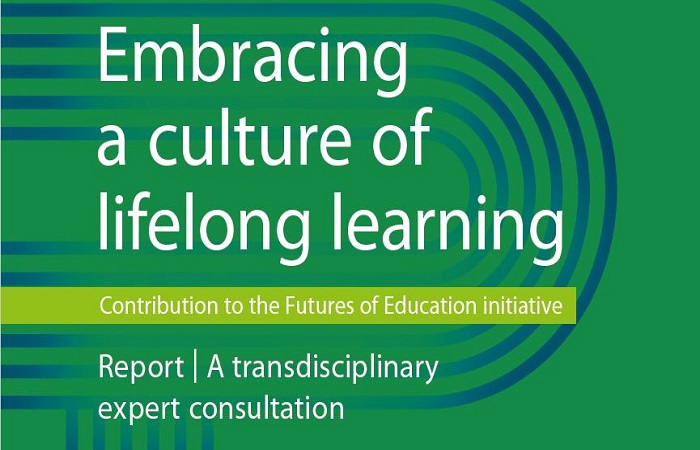The gender dimensions of the school-to-work transition: Follow-up study
The school-to-work transition is defined as”the passage of a young person from the end of schooling to the first satisfactory employment.” It is an effective framework to analyse education systems, labour markets and their linkages. Because it embraces both the schooling and the employment dimensions, it also requires a deep understanding of the mechanisms through which educational achievements translate into employment opportunities. In particular, a gender angle on the school-to-work transition implies addressing the question: how does parity in education or lack thereof, translate into labour market outcomes for young women and men?.
This paper attempts to answer that question in the context of the East Asia and Pacific region. It is a follow-up to a report focussing on the same subject, and prepared by the East Asia and Pacific Regional UNGEI in 2008. This paper is based on quantitative and qualitative information at the regional and, when possible, country levels. Scenarios and trends are based on secondary data on educational attainment, labour market participation, employment and unemployment.




